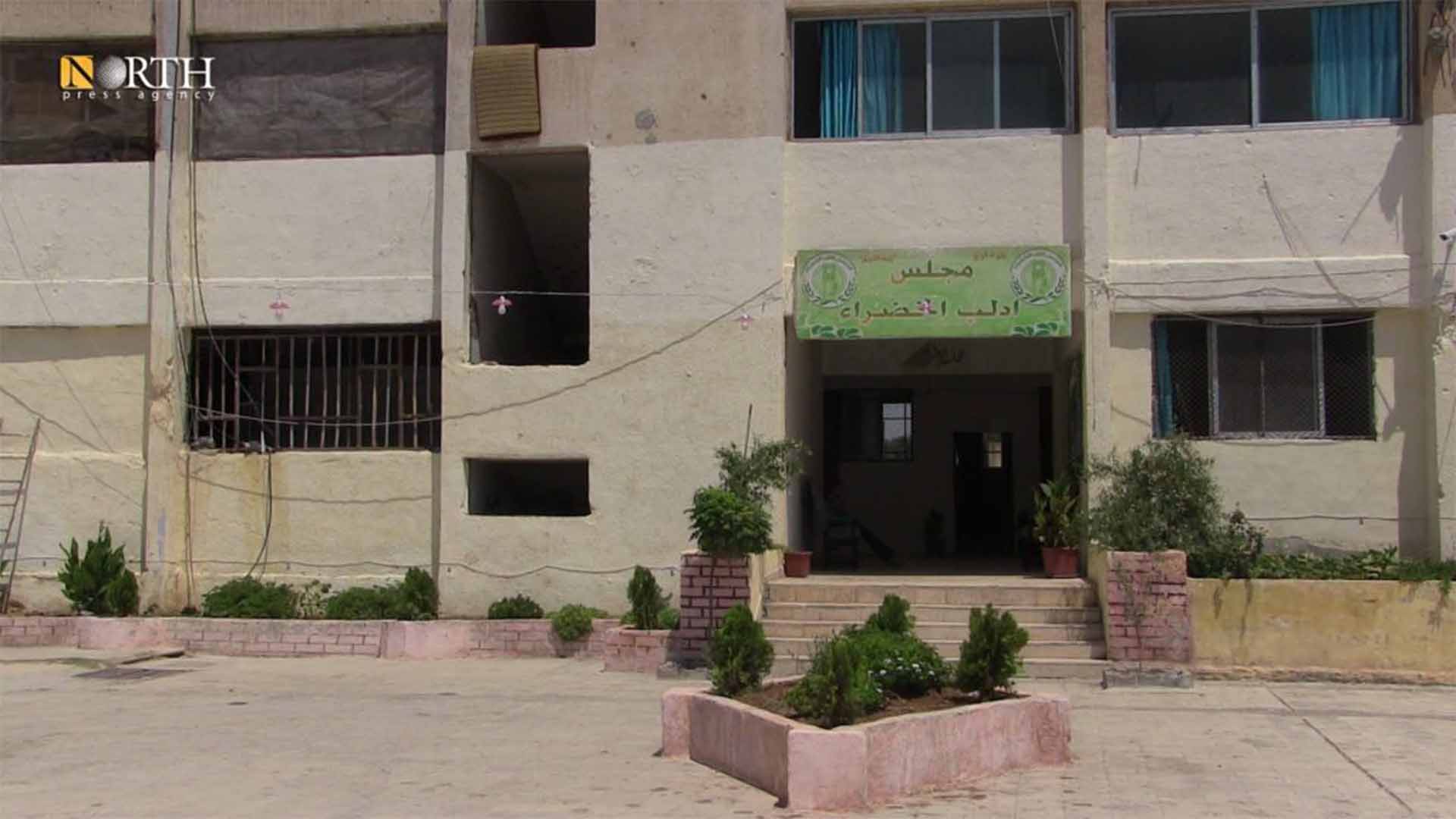Opening government-opposition grossing part of Russian-Turkish deal: Syrian politician
RAQQA, Syria (North Press) – The opening of a crossing between areas held by Hayat Tahrir al-Sham (HTS, formerly al-Nusra Front) and those of Damascus government “negatively and morally effects the revolution and the revolutionary movement in the region and trade in Syrian issue,” official in the Green Idlib Council said on Monday.
On August 30, three trucks carrying international relief aid from the World Food Programme from government-held areas entered opposition-controlled areas in Idlib through the Ma’aret al-Na’san-Miznaz crossing.
Opening the crossing “morally frustrates the revolutionary movement, especially after the government used all possible weapons and means to subdue the opposition to it and failed until early 2015,” according to Haytham al-Abdullah, co-chair of Green Idlib Council.
On July 2017, the Green Idlib Council, which is concerned with residents of Idlib and IDPs socially and administratively, was established in the areas of Autonomous Administration of North and East Syria (AANES).
“There is an agreement between Russia, the regime, and Turkey to eliminate the revolutionary factions completely,” al-Abdullah believes.
“Having the region run by Turkish-backed armed Syrian Islamic factions caused many liberated parts to fall under Damascus government control and they were content with running a small spot in the city of Idlib, which is one of the reasons for opening the crossing to complete the chain of complicity between the regime and those factions,” according to him.
The factions caused the region to lose its national identity, between economic control by approving trading in Turkish lira and opening the crossing to flood the region with Iranian and Russian goods, “to consolidate the occupation and impose defeat,” al-Abdullah added.
General Legislator of HTS Abd al-Rahim Attoun drew features of a new stage of HTS’ pragmatic transformations that he had engineered since it began nearly three years ago, according to what he said in a lecture entitled “Jihad and Resistance in the Islamic World – the Taliban as a Model,” which was organized by The Directorate of Culture of the Salvation Government in Idlib in mid-September.
Attoun’s lecture mainly tackled a comparison between local Islamic resistance movements, which he identified with three movements including the Afghan Taliban and the Palestinian Hamas.
He considered HTS the third side in the “Trinity of Resistance,” which is the first public and clear statement that defines the geographical dimension of the faction, and it included a comparison between the three movements in the geographical, military, and geopolitical aspects, local social structures, and the extent to which they acquired political and military representation in each movement.
Attoun, who is from the village of Ta’um in the Idlib countryside, is the right-hand arm of the leader of HTS Abu Muhammad al-Julani and HTS general legislator and a member of its Shura Council. He is the brother of Muhammad Khair Attoun, so-called Abu al-Khair Ta’um, one of the most prominent founders of the Ahrar al-Sham Islamic Movement.
Attoun labeled the alleged model of HTS, and its civilian arm represented by the Salvation Government, as “one of the most successful experiments against the Damascus government.”
HTS relies on the theory of demolition and construction, according to Attoun, which equates to “the long-term resistance to power, and at the same time working to build an administrative structure for the next state.”
There is no dispute between HTS and Turkey because policies and actions conducted in the region are “with the knowledge and supervision of Turkey, militarily and intelligence and opening the crossing is part of a deal between Russia and Turkey rather than a settlement with Turkey,” al-Abdullah indicated.

